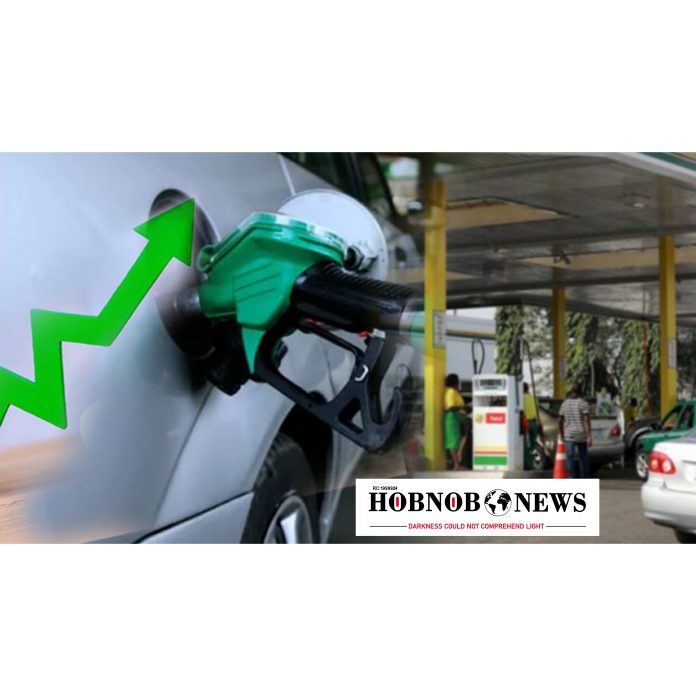Nigeria’s refining capacity has been severely impaired, resulting in minimal domestic petrol production.
According to the National Bureau of Statistics, between 2015 and 2019, the country produced only 1.46 billion liters of petrol. This amount is insufficient to meet two months of national consumption.
The production figures for those years were 377.9 million liters in 2015, 1.05 million liters in 2016, 951.56 million liters in 2017, zero production in 2018, and 128.1 million liters in 2019. From 2020 to 2023, Nigeria relied on modular refineries to produce diesel and kerosene, while importing vast quantities of petrol.
In 2023, 20.30 billion liters of petrol were imported, a 13.77% decrease from 2022. The Federal Government attributes the reduced imports to subsidy removal. However, local production of kerosene rose by 56.02% in 2023 to 69.71 million liters, and diesel production grew by 6.76% to 109.39 million liters.
Despite being an oil-rich nation, Nigeria’s refining capacity constraints force reliance on imports. The Dangote refinery aims to change this. Commencing petrol production in September, Aliko Dangote promises the refinery will end fuel importation upon full operation.
Nigeria’s refining woes stem from inactive refineries, leading to low domestic production, massive imports, and economic strain. The Dangote refinery offers hope for self-sufficiency. Its success will be crucial in addressing Nigeria’s refining capacity challenges and reducing dependence on imported fuel.

